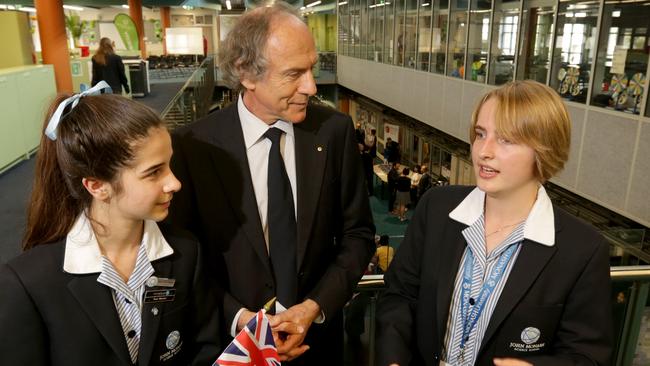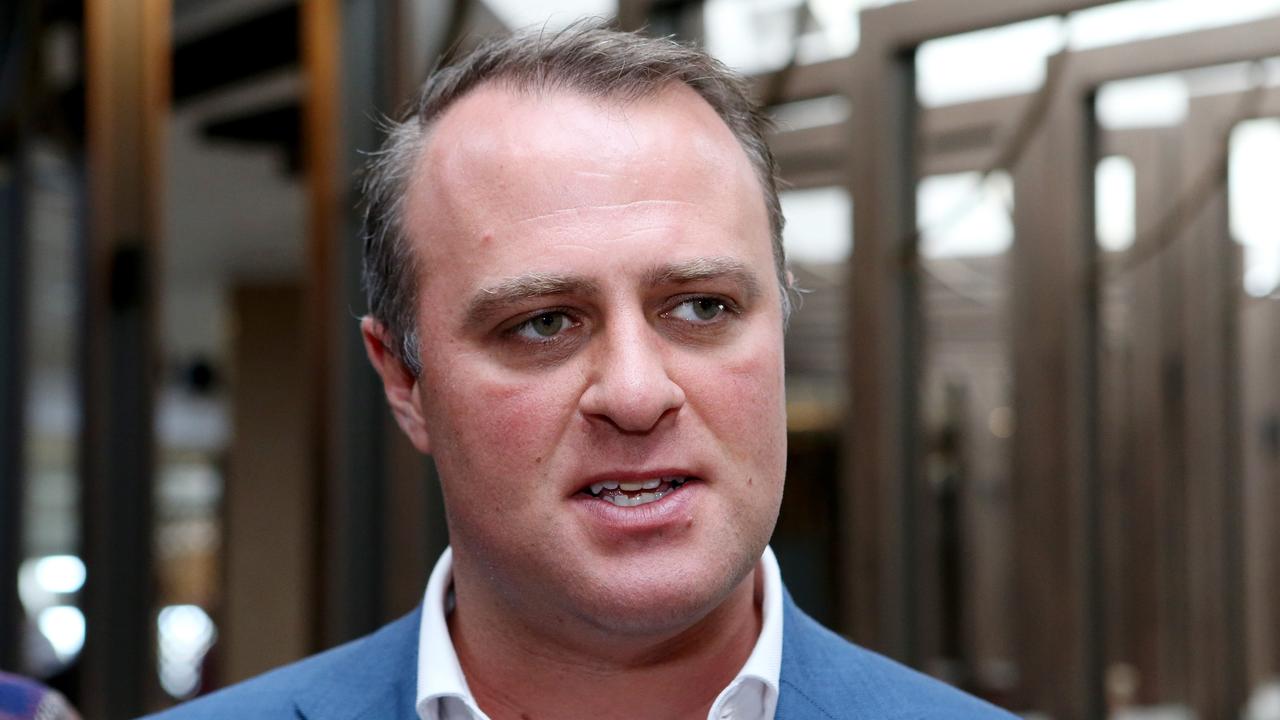Innovation: Alan Finkel wants ‘focus on teachers’ for science
While the government wants to inspire students into science, the bigger challenge is getting more science and maths teachers.

School student Jess Woolley at 16 is experimenting with genetically modified zebra fish, counting hundreds of eggs to determine whether more of an extra gene that has been linked to reducing breast cancer in humans can affect fish fertility. The best news as far as incoming chief scientist Alan Finkel is concerned is that she wants to be a science teacher, of which we simply don’t have enough.
Dr Finkel, a neuroscientist, engineer and entrepreneur who is president of the Academy of Technological Sciences and Engineering, yesterday welcomed the Turnbull government’s $48 million boost for programs to inspire kids to study science, but he warned that the bigger challenge was to increase science resources for teachers and ensure all school kids were being taught by science and maths teachers trained in their discipline.
Too many in middle-school years are being taught by teachers simply filling in. He also wants university teaching courses to undergo accreditation, like medicine and engineering courses, to ensure teacher training standards.
While Malcolm Turnbull was announcing his $1 billion plan to boost science and innovation, Dr Finkel was at the John Monash Science School, co-located at Monash University in Melbourne, being wowed by school students from around their world showing off projects from robots to photovoltaic cells at the International Student Science Fair.
Yet not all kids are as lucky as Jess to be studying at a state school dedicated to science and with university labs across the road that in her case have genetically modified fish to experiment with.
“We need to eliminate out-of-field teaching and the only way to do that is to start. It is a big job. It won’t happen by hope alone, and we will need to be very committed,” said Dr Finkel, who is also chancellor of Monash University.
He said science and maths teaching “isn’t as effective as we would like it to be in inspiring kids who already have a propensity for it but get turned off, and it isn’t as effective as we would like in using science to help the broader spectrum of kids learn scientific thinking and scientific knowledge that will help them as citizens”.
Jess said the secret to getting kids to study science was to focus on the “fun” stuff rather than book learning. “They need to introduce people with less of the theory and more of a hands-on approach so they can see what science actually does. You can get to go all around the world with science, you get to create things and you can make a difference,” she said.
Schoolmate Laurene Colin built a photovoltaic power cell as her project using glass, blackberry dye and titanium dioxide to test how different levels and wavelengths of light affect power production.
She wants to be an engineer: “The endless amount of knowledge that comes from science is what I really like. It can bring solutions to world problems.”


